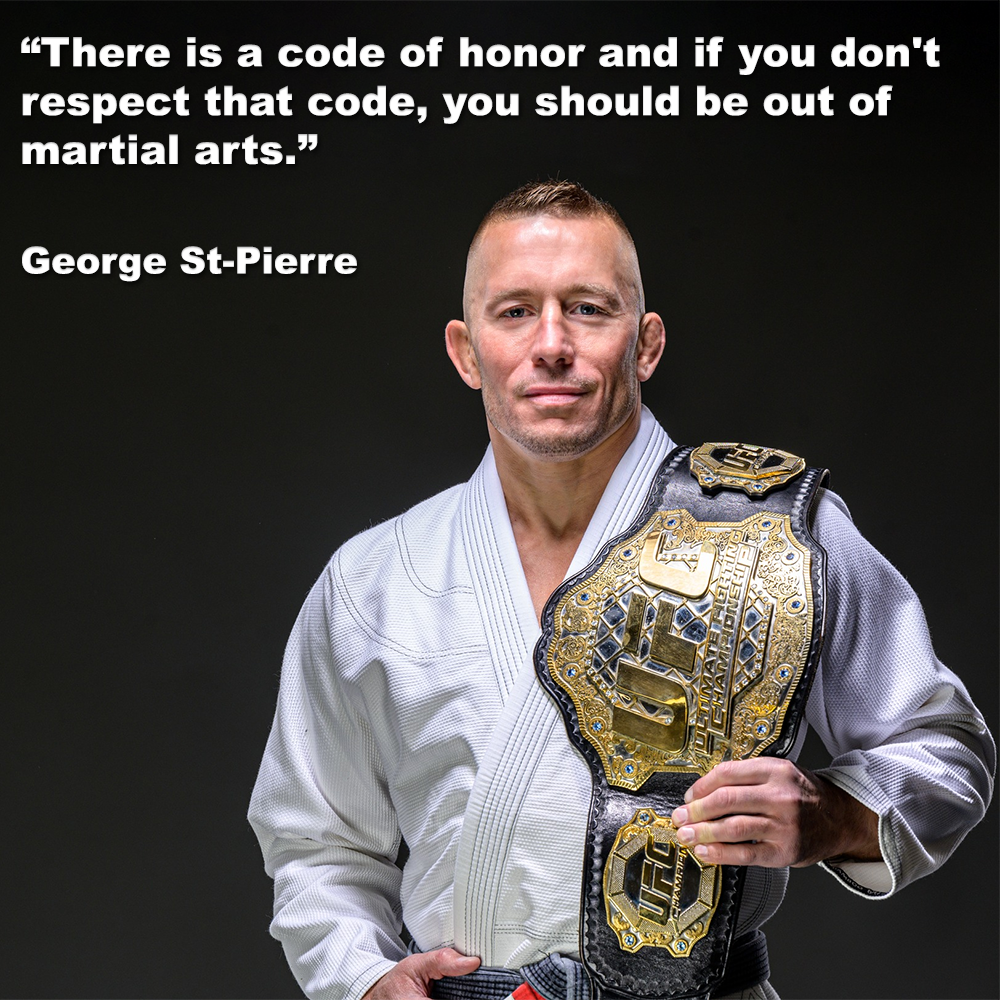
(1 minute 50 second read)
Once again, the concept of respect has reared its ugly head.
.
Someone left a brief two word comment on one of my articles. I won’t delve into the specifics of the conversation or name the individual involved.
.
However, in response, I asked several questions to gain clarity on their point and to understand if they genuinely believed what they had posted.
.
Their reply was, “You need to show me some respect.”
.
Why is there this insistence on demanding respect?
.
Whenever I write articles or respond to comments, I make an effort to be polite, honest, and genuinely seek to understand the commentator’s perspective or to help them understand mine. I never ask for or demand respect. I don’t flaunt my grade or title because it’s largely irrelevant to the content I produce.
.
I had no prior acquaintance with this person, and they had no idea who I was. For me, and for most people, respect should be mutual. If simply asking a question to clarify something offends someone’s sensibilities, then what business do they have in the martial arts?
.
It’s possible that the questions I posed made this person uncomfortable, perhaps even realizing they didn’t know as much as they thought. But isn’t that the essence of learning and growth? True progress comes from questioning, exploring, and being open to new ideas.
.
Respect in the martial arts isn’t just about bowing to your instructor or following the dojo’s etiquette. It’s about showing respect for oneself, for others, and for the art itself.
.
I personally believe that respect should be earned through actions and character, not demanded simply because of rank or title.
.
True respect comes from acknowledging that everyone has something valuable to offer. Being humble and open to learning from others, regardless of their grade or experience, is essential.
.
While it’s important to respect the traditions and lineage of the martial arts, it’s also essential to be open to evolution and adaptation. Many practitioners have a dogmatic approach to their karate because their teacher told them it was the only right way.
.
There are always different ways of doing things and showing appreciation for someone’s knowledge and experience, and maintaining a positive attitude towards learning is paramount in my opinion.
.
Misunderstandings and disagreements should be handled with maturity and courtesy, without resorting to disrespect or hostility, both in person and online.
.
Teachers and instructors both inside and outside the dojo should lead by example and inspire others to do the same.
.
Respect is a two-way street. If you’re not capable of respecting others, don’t expect them to respect you, because respect is earned, not a privilege.
